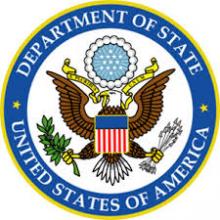19th Annual Haitian Compas Festival (May 20 - 21, 2017)
You don't have to go to Haiti to experience live Haitian music. There are venues in Boston, New York City, Montreal, and Miami that feature Haitian music a swell as annual festivals, the best of which is Miami's Compas Festivals. It has always been outdoors, features many different musicians, and count on a large, enthusiastic audience. An article by the Miami Herald's Jacqueline Charles about how the the Compas Festival has evolved over the years, and the challenges it still faces, follow. More information and tickets are available here.












